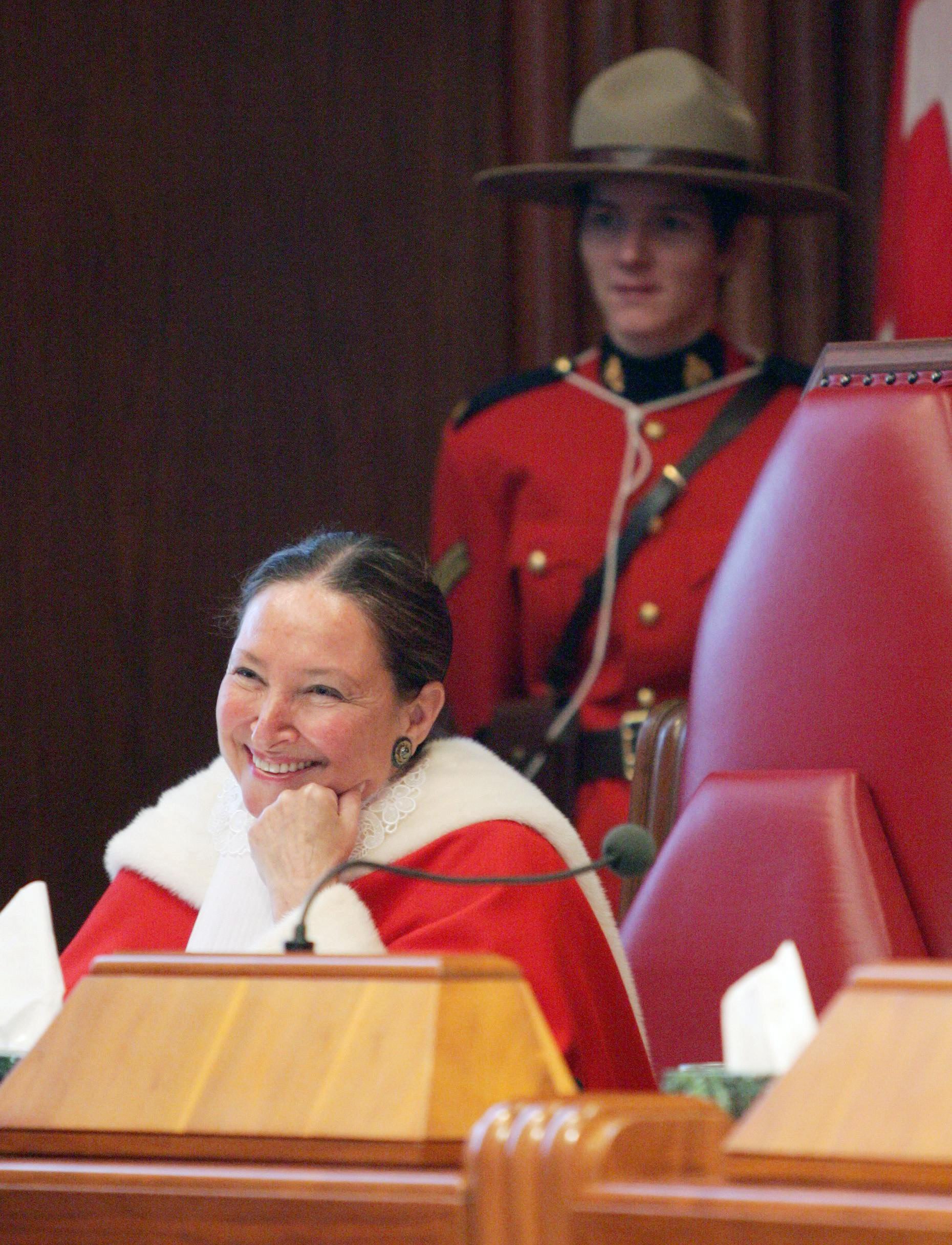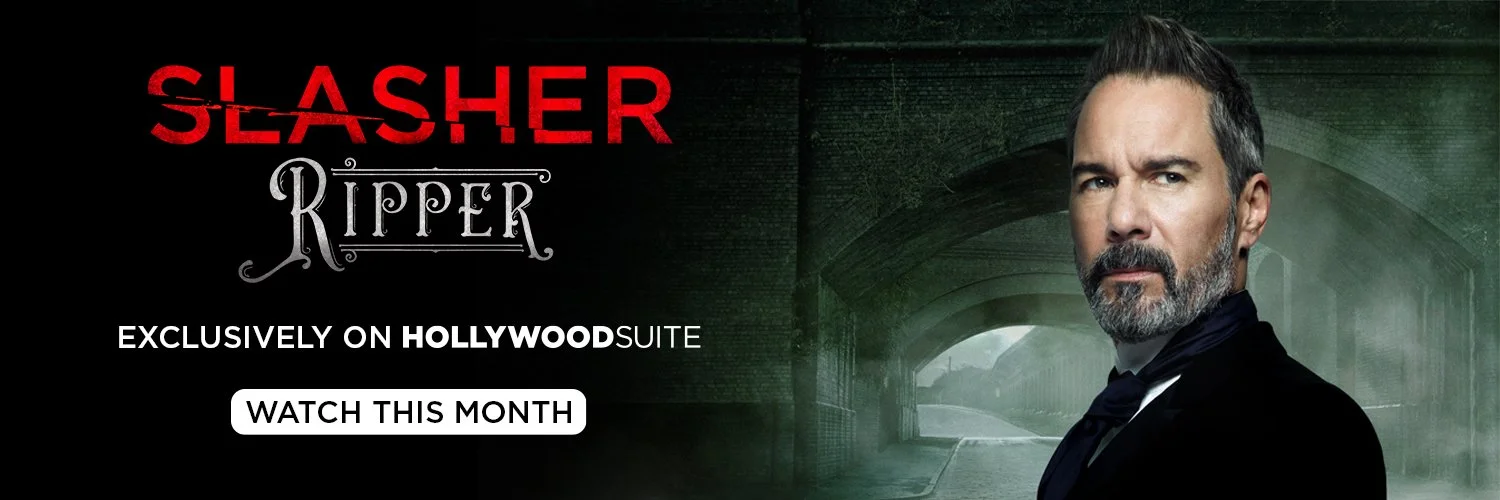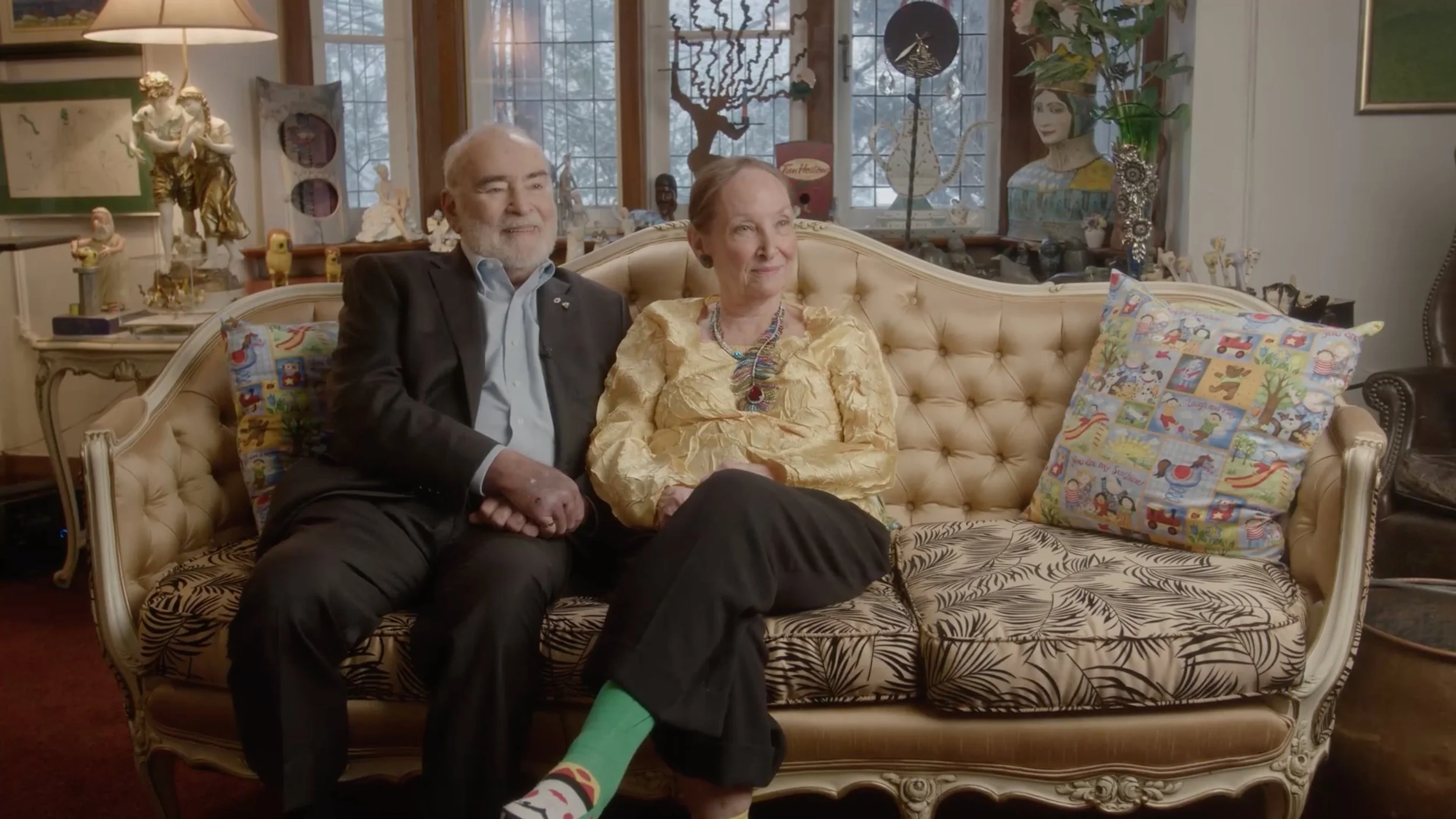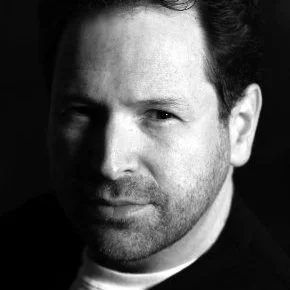Hot Docs '23: Barry Avrich on the Supreme Court's Force of Nature, Rosalie Abella
By Jim Slotek
When you’ve been as prolific a documentarian as Barry Avrich – six docs in the Hot Docs festival and seven at the Toronto International Film Festival – one film tends to lead to another.
Prime example: The inspiration for this year’s Hot Docs feature Without Precedent: The Supreme Life of Rosalie Abella, came while he was putting together Prosecuting Evil: The Extraordinary World of Ben Ferencz, the latter being a profile of the last living prosecutor of Nazis at the Nuremberg Trials.
(Ferencz, whom I had the honour of interviewing, died this past April 7 at age 103).
Rosalie Abella at work.
Without Precedent: The Supreme Life of Rosalie Abella premieres at Hot Docs Monday, April. CLICK HERE to read Original-Cin’s roundup of pre-screened Hot Docs highlights.
The colourful Abella, the most progressive Supreme Court of Canada judge ever to take the bench, was being interviewed about that and Ferencz’s other great achievement, his part in the creation of the International Criminal Court in The Hague.
“That’s when the wheels really started turning for me,” Avrich recalls, going into her office, her Supreme Court chambers. Like her home, the august office was festooned with kitsch and colour, knickknacks, odd furniture and Gershwin memorabilia. “It was like Baz Luhrmann had built a set,” he says. “Even Ben Ferencz was, like, ‘Who’s that? Wow!’”
“And a couple of years later, Rosalie and I were sort of talking about the possibility of filming her, and her immediate reaction was ‘Who’d be interested?’ And I said, ‘Who wouldn’t?’”
Abella’s accomplishments could stand on their own: the first Jewish woman on the Supreme Court, the first refugee to do same, judge on the Ontario Court of Appeal, the commissioner who coined the phrase “Employment Equity,” covering systemic barriers towards women, minorities, Indigenous people and the handicapped.
Rosalie and Irving Abella at home
But in presenting her whole self, Without Precedent: The Supreme Life of Rosalie Abella tacitly suggests that her style, personality and likeability went a long way towards getting people behind her who would otherwise be antagonists.
Conservatives like Prime Minister Brian Mulroney and Ontario Attorney General Roy McMurtry supported her (the latter made her the youngest judge in Canadian history when he appointed her to the province’s Family Court).
And they took heat for it. Without Precedent contains footage of protests over the appointment of someone deemed so radical. Harrumphing newspaper columnists warned that an outright activist could not be impartial.
“She was right of out Hollywood central casting in so many ways,” Avrich says. “It’s an amalgam of Bette Midler meets the ultimate Jewish grandmother meets Barbara Walters.
“I think I did a bit of a balancing act in the film, because there are those who were not fans. Some of those people who were not fans of hers I invited to be in the film, and in classically Canadian fashion, they declined.
“Some of them I’d never hear back from, which I can’t stand. And some of them said, ‘I just felt I don’t feel I can add anything,’ and another said, ‘My mother told me if I don’t have anything positive to say, don’t say anything at all.’”
Barry Avrich
On another level, Without Precedent is a love story. Her late husband, the author Irving Abella (who was alive during filming), was more famous than her in some circles, for his powerful book None is Too Many, about the mass rejection of Jewish refugees before and immediately after WWII.
“They had sort of a Mad About You sharp banter. He wasn’t shy in taking a shot, which I think she appreciated him very much. I wanted people to see this very much was a love story. Aside from her prestigious career, if you look at the key art for the film, he’s in it, holding a light up as she’s having her picture taken in front of the Supreme Court building.
“And I love that picture, because it’s about them. And even though he was ill – and I had no idea how ill – I wanted them on that When Harry met Sally couch with a purpose, because they really completed each other.
And going back to Rosalie after Irving died was critical for me and painful for her. It really was the first time she was unpacking it and talking about it, certainly on camera. It was important to capture that and I applaud her for having the bravery to do it.”
Canadian Supreme Court judges are unlike their controversy-prone American counterparts in many ways. Most do their jobs quietly, and do not always choose to die in their office like a Pope. Abella retired from the Court in 2021. She has since become a visiting professor at Fordham University and Harvard.
“What it’s allowed Rosalie Abella to do is to have a third act,” Avrich says, ‘versus the American Supreme Court judges who have all three acts there, for better or for worse.”
Avrich’s subject matter has been all over the map, from the dire to whimsical, from the admirable to the abhorrent. I ask if his films have a throughline, and he considers it.
“I haven’t stopped to think about it until right now, although I would say I like stories about risk takers, for better or worse,” he says.” Those that continue to take phenomenal personal and business risks and have failed tremendously, whether it be Garth Drabinsky, Harvey Weinstein or Bob Guccione. And those that have taken risks in their lives professionally and personally and have succeeded tremendously.
“My father always said, never blend in when you have a choice to be in the background or the foreground. I’ve generally chosen people that wanted to be in the foreground, and with that comes risk.”





